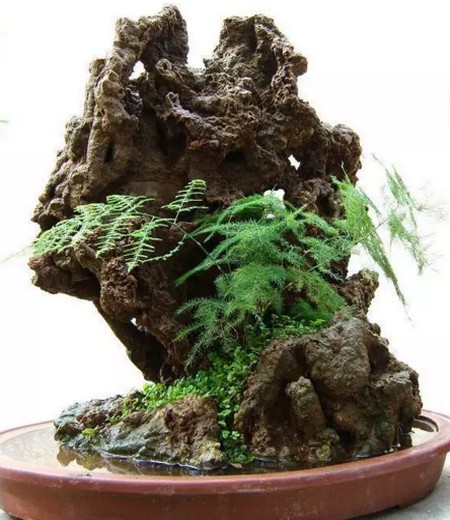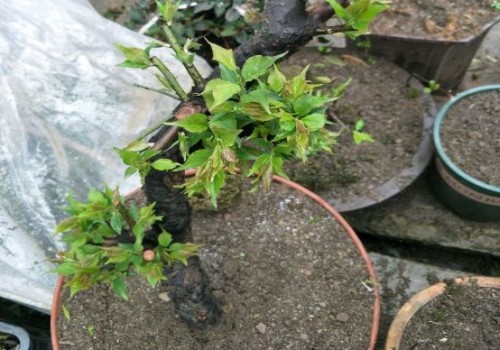What is vermiculite? how to distinguish the body characteristics of plants?
Pots who like to plant potted flowers are generally exposed to or used vermiculite, especially when planting succulent plants, vermiculite is used very frequently. So, what is vermiculite? Why is it favored by the majority of friends? Today, Xiaobian shares with you the relevant knowledge of vermiculite.

In fact, vermiculite is an inorganic, non-toxic mineral naturally formed in a high temperature environment, which expands due to the effect of high temperature. This is a rare silicate mineral in nature, its crystal structure is presented in monoclinic system, although it is somewhat similar to mica in appearance, it is completely different from mica.
Vermiculite is produced by the hydration of granite, and at the same time is generally produced together with asbestos. Because ion exchange occurs during use, it has a great promotion effect on soil nutrients. In real life, vermiculite good characteristics by potted lovers sought after. So, what are the characteristics of vermiculite?
Vermiculite has the characteristics of improving soil porosity, improving soil permeability, strong water absorption capacity and being less affected by temperature changes, so it can be mixed with soil to promote plant growth to a great extent. At the same time, vermiculite has a great promotion effect on nutrients, so it can reduce the application of nutrients or fertilizers when planting plants. Vermiculite plays a key role in soilless culture, especially in the prevailing soilless culture technology, and is one of the rare raw materials.
Vermiculite is also relatively easy to smash, and it is easy to expand after full water absorption. As a potted plant enthusiast, it is mainly used for planting succulent plants. Compared with many other substrates, its advantages are also very obvious: not only air permeability and water retention, but also very strong water conductivity. It is precisely because of these characteristics that it has a very prominent positive effect in promoting plant root germination and growth.
However, vermiculite's shortcomings can not be ignored, that is, it is easy to break, and is not suitable for potted cultivation of large old pile succulent plants. Generally in the plant sowing, seedling stage use effect is better. Vermiculite can play an important role in the cultivation of succulent plants, but for large adult plants and old piles, it has no obvious advantages in promoting growth compared with many other substrates.
At present, vermiculite suitable for planting succulent plants on the market is common in white vermiculite and yellow vermiculite. White vermiculite is very suitable for cultivating fleshy seedlings and promoting their rapid rooting. Even if it is not necessary to mix other media into vermiculite, it will still have a very good effect.
- Prev

A brief introduction to the bonsai plants of Sheung Shui Stone (absorbent Stone) understanding the habits of plants
The performance of Shangshui stone is strong. After storing water in the basin, it can be sucked to the top instantly. Stone can plant weeds, moss moss, green and moist, for the production of bonsai stone. Sand stone, pleasanting and brittle, but strong water absorption; limestone has slightly higher hardness and finer structure than sand stone. Sheung Shui Stone
- Next

What kind of soil do plum blossoms like? how to distinguish the body characteristics of plants?
Plum blossom has been deeply loved by the public for its unique temperament and quaint charm since ancient times, and its ornamental value is also very high, especially as a bonsai masterpiece, it has won a lot of praise. But the growth of post-anthesis plants is often inseparable from the soil.
Related
- What if the leaves of potted flowers turn yellow?
- Florescence Control of several Flowers
- Anti-freezing technology and post-freezing nursing technology of flowers
- What is the classification of flowers? What are the common methods of flower classification?
- Prevention and control of alkali and acid damage of flowers in courtyard
- Technology of Anti-freezing and restoring growth of Flower seedlings in greenhouse and greenhouse
- How does flower fertilization not hurt the root? Fertilization technology of flowers
- Key points of disinfection in flower greenhouse
- Several pesticides that are banned or used cautiously in flowers
- How to fertilize the flowers that watch the leaves?

